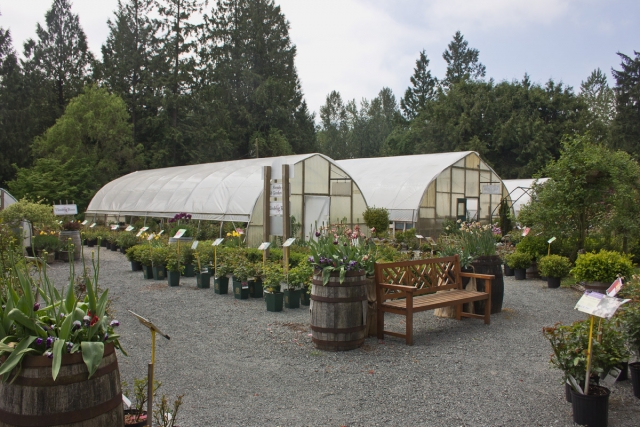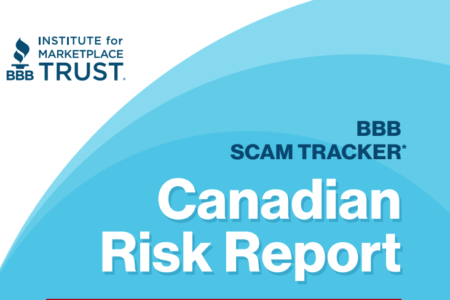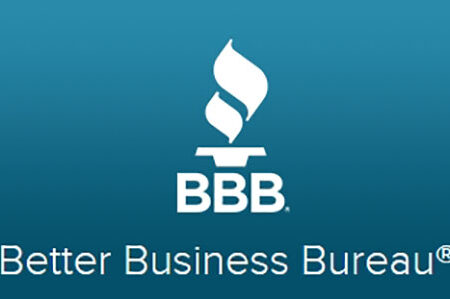GARDEN WISDOM: Roses for Mother's Day
Okay, I confess to having made more or less the same post previously, but it is wholly warranted by the exquisite beauty to be found at Select Roses in Langley, BC. My friend Brad Jalbert has dedicated his life to raising and breeding roses. He has authored a book on keeping roses, and he’s traveled the world touring famous rose gardens. He is, in fact, one of the world authorities on the subject of everything rose. I admire his dedication absolutely.
I visited Brad last week and he walked me through his breeding greenhouse. At the end of each summer he collects rose hips from all of his best roses, and extracts and plants the seeds. All named roses are hybrids and they are reproduced by cuttings or tissue culture – they are clones of one another. Rose seeds, therefore, have an unpredictable genetic history, and they may grow into anything. This is the same premise with hybrid vegetables… If you save seeds from a hybrid vegetable, it will probably grow into something that resembled one or other of its “parent” varieties. People who like to save their vegetable seeds from year to year should look for open pollinated (OP) seeds.
With roses from seed, they may display any number of genetic traits beyond the colour of the flower. Flowers may be large or small, numerous or solitary, fragrant or not at all. The plants may grow fast and tall, or short and creeping like a ground cover. As we walked through the breeding greenhouse, Brad pointed out some plants that had visible mildew on the leaves. These are discarded, because one of the things he is breeding towards is a resistance to mildew. These mildew-affected plants may be sitting next to seedlings with lush, shiny, dark green leaves. It’s these resistant plants that are selected for the following stages of the process.
Each selected plant is grown on, or “tested,” for two years on Brad’s farm. If the plants show all the desirable traits, cuttings go to a multiplier, who grows them out to increase the overall number of cloned hybrids. These are then sent to growers all over North America and Europe. Only then, with the approval of the “rose community,” is the hybrid named and put into major production. It’s a laborious process that takes as long as ten years. Brad has already bred scores of named hybrid, and he points out, “I’ll be an old man before I see most of my life’s work accomplished.”
Wistfully he says, “It’s the only thing I have patience for.”
In the coming three or four weeks, the bulk of the outdoor roses at the nursery will begin to bloom. I can’t recommend a day trip out to Select Roses highly enough. There is a rose for every growing space, whether you have a farm or a patio. They are at 22771 38th Avenue in Langley. Consult a map before you head out, as they are not obviously situated. Well worth the trip!
The thumbnails below are all from the breeding greenhouse – little seedlings with massive potential.
— originally published at Garden Wisdom






















